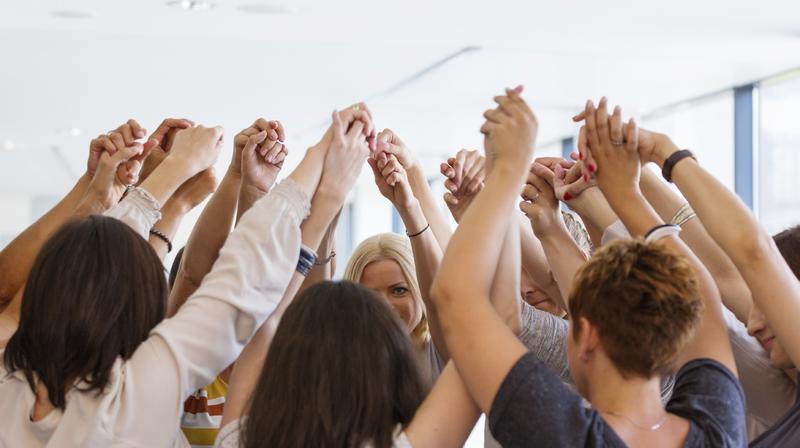From: bizjournals.com
As I’m sitting here watching college football bowl games, I’m reminded of a frequent discussion I have with clients about teamwork.
Why do we care about having a great team?
It’s simple: When your people work together as a team, you’ll get higher productivity per employee, better growth, better employee retention, and better profitability.
Based on what I see in many organizations, some common fallacies about great teams are:
- If you are a competent manager or a successful entrepreneur, your success proves that you are a good team leader by definition.
- If you have all the right people, they’ll build a team on their own. Especially in the case of executives or managers, since they are professionals, they should build a great team among themselves with little to no guidance from their CEO, owner, or other executives.
Great teams don’t happen by accident. If we look at really great teams, one of the top priorities of the leader is to get their staff or players to work together and set the team’s priorities above their own. It’s no surprise that this was a big takeaway from myinterview with Alabama football coach Nick Saban a few years ago.
The good news is that you don’t need to be a leadership guru to run a great team, but there is some effort required. That effort pays off BIG — at a minimum, just by reducing the time you need to spend on dealing with personnel issues — so it’s worth the investment.
Here are some points about teamwork that came up in some recent discussions with clients:
Team building exercises are fun, but inadequate.
These are useful for breaking the ice and building esprit de corps, but they don’t actually build teams. Leaders build teams, and great teams are built over the long run. Don’t conflate team-building exercises with team building. The exercises assist, but they don’t build.
Meet weekly with your team.
You can’t build a team without meeting as a team. Meetings help build relationships, enable communications, report metrics, and enforce accountability. What’s going great? Who needs help? Who’s not pulling his weight? Who has specific experience that can help someone get the job done? Yeah, there are some potentially uncomfortable discussions that can crop up here, but who cares? Meetings help you address issues proactively — as a team! Tip: never hold a meeting without an agenda.
Never allow behavior that can hurt team dynamics.
Tattling, passive-aggressiveness, active aggressiveness, and other destructive behavior all need to be shut down if you want a great team. Every time it happens, discuss the issue in private with the offender. If she won’t stop it, then you need to move her off the team.
This can get a little tricky, so use good judgment. There’s a difference between tattle-telling (which is intended to get someone in trouble) and reporting violations (such as reports that someone is stealing). There’s also a difference between these two statements:
- “We’re having a problem with Joe coming in on time. It’s keeping us from getting started. We discussed it with him, but we’re still having problems. Can you talk with him?”
- “I got my part done, but unfortunately we didn’t hit the deadline because of Joe.”
The former is an example of asking for help to get the team to work better. The latter is an example of someone trying to make himself look better at the expense of another. Experience is the best guide in discerning between the two, so don’t hesitate to engage an adviser or mentor as a sounding board.








Leave a Reply
You must be logged in to post a comment.